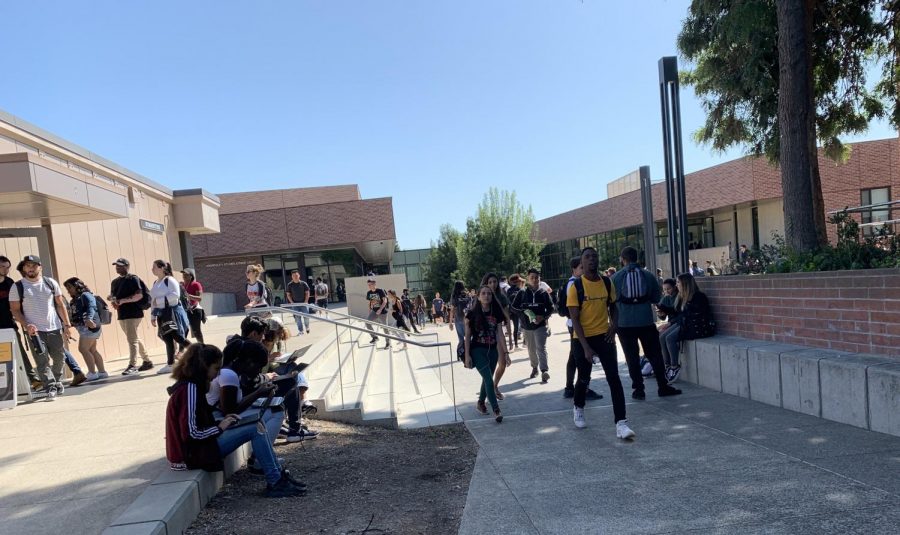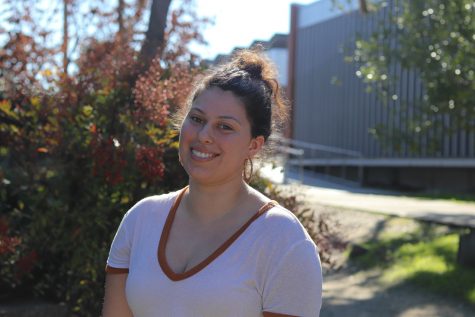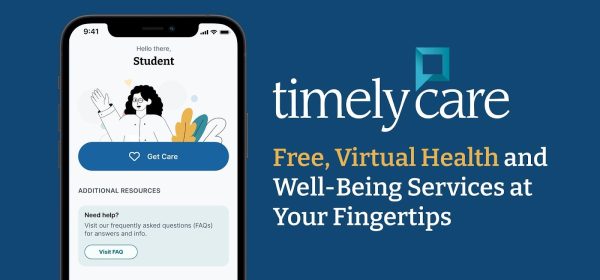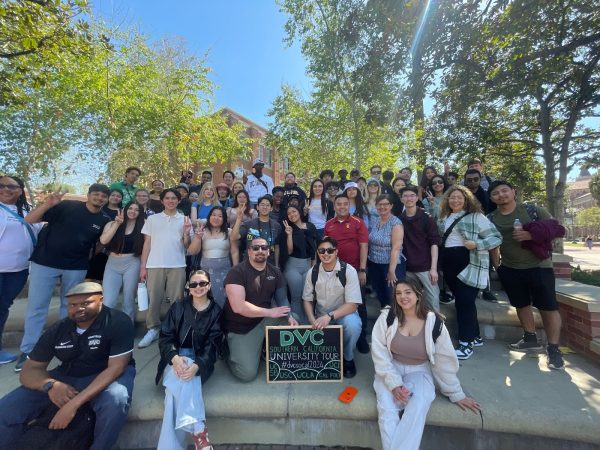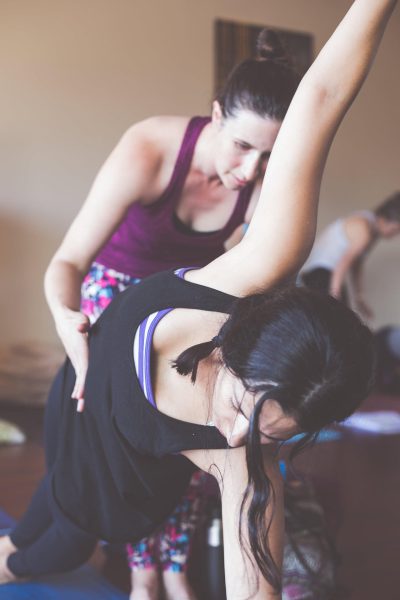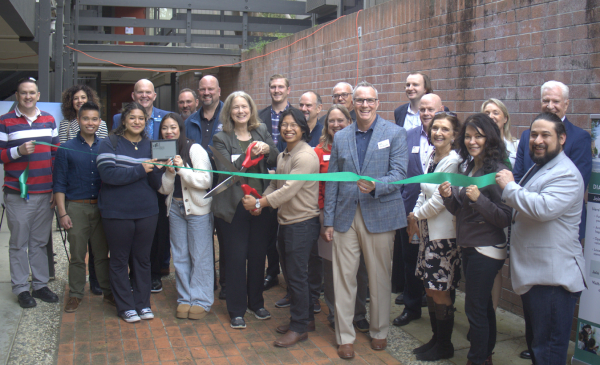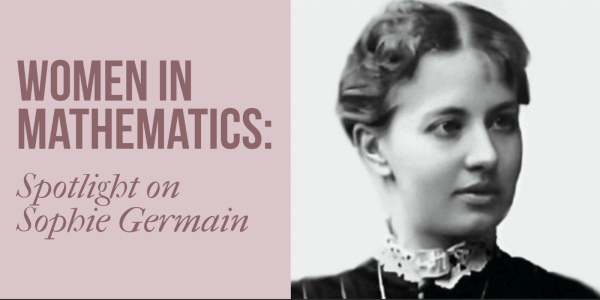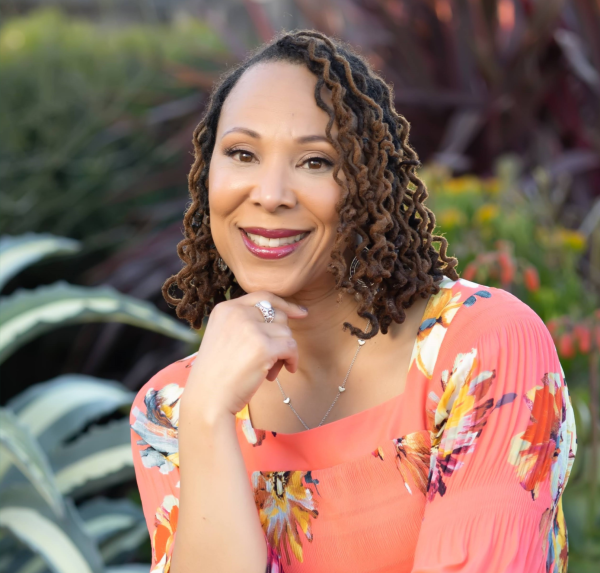Umoja Discusses Stereotypes in Light of Kobe Bryant’s Death
February 25, 2020
Five Umoja members met to share their experiences as people of color at Diablo Valley College during a Feb. 13 Brown Bag workshop held in honor of Black History Month.
The panel began with a question from “Brother” Eric Handy, an Umoja counselor, coordinator and event moderator, who asked how the tragic death of Kobe Bryant and his daughter, Gianna, has affected the African American community, specifically the students.
Even though his death began the conversation, students focused on what he accomplished during his life. The panel agreed that Kobe’s victories on the court as well as his positive family life were a welcome change from perpetuated stereotypes.
Faith Spencer, an Umoja student and DVC women’s basketball player, said Bryant had “done a lot as far as women’s basketball.”
His legacy created a new identity for African American men and women, some attending Umoja students said, adding that words like “angry,” “scary” and “boisterous” are words still used to describe people in their communities.
“Stereotypes are different depending on where you are and where you’re from,” said Taylor Wilson, a film and television major.
Umoja, originating from a Kiswahili word meaning “unity,” has been a valuable resource to DVC students who feel isolated, marginalized and without representation. The program works to dispel harmful narratives and provide support to ensure success academically and beyond.
Panel members encouraged current and future students to take advantage of the resources at Umoja and give back to the community.
“Join Umoja,” Spencer said. “If you are putting in effort, you are going to go somewhere.”
According to Rikell Moody, another Umoja member and a bioscience major, communication and networking are important tools for success that he learned through Umoja.
“Talk to people — because you never really know who can help you,” he said. “DVC has some work to do, but Umoja is an amazing place to start.”





































































